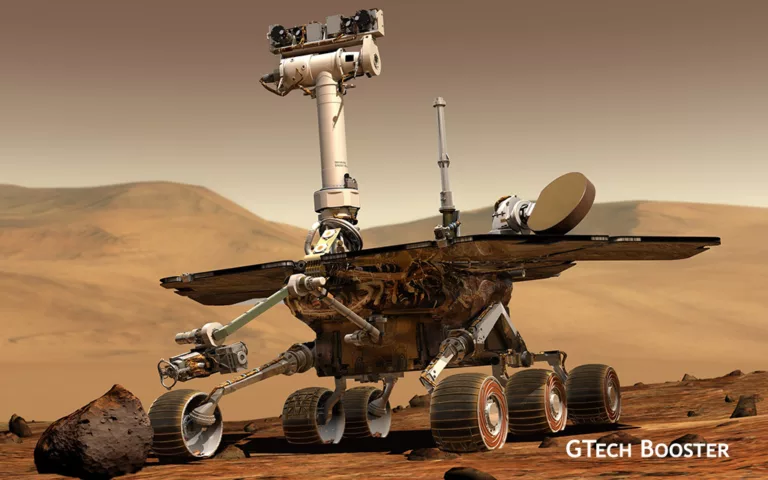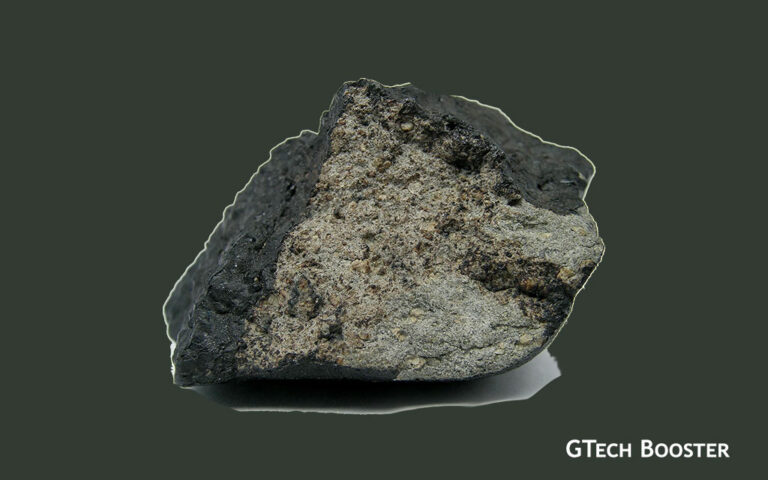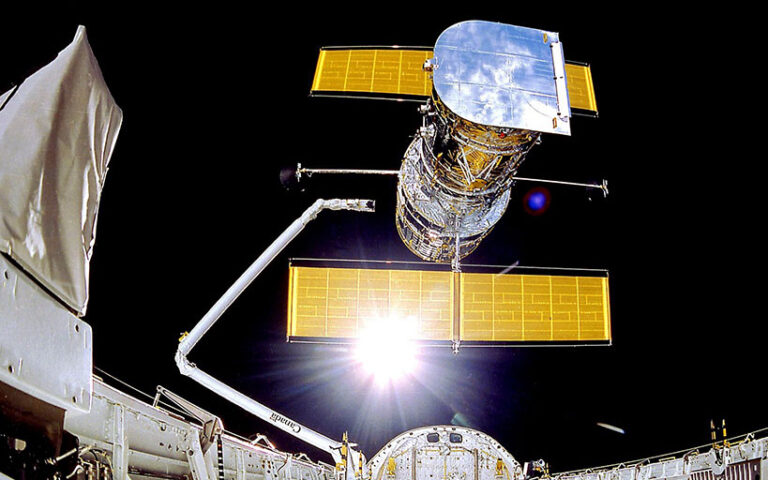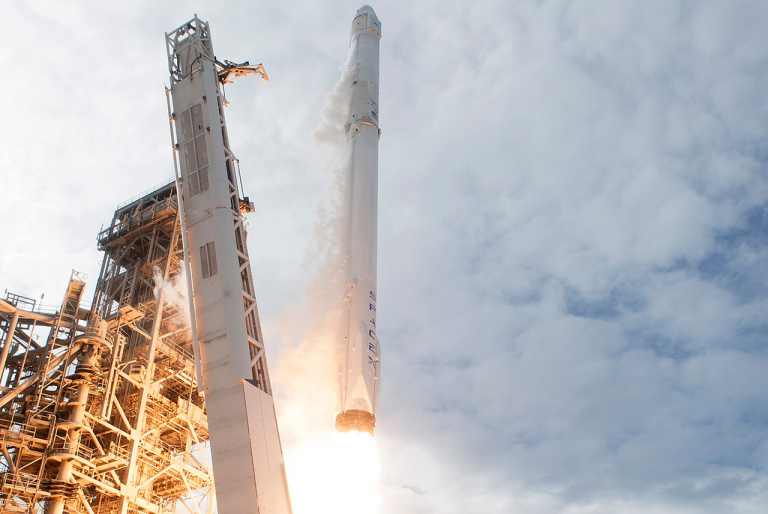NASA’s Perseverance rover finds organic matter on Mars
NASA's Perseverance rover has made a groundbreaking discovery on the Red Planet - organic matter. On June 7, 2023, the rover collected a sample of mudstone that contained carbon-based compounds, which could be evidence of ancient life on Mars. This discovery has excited scientists and has set the stage for future missions to search for signs of life on Earth's neighboring planet.

NASA’s Perseverance rover has found organic matter on Mars, according to a paper published in the journal Nature on Wednesday (12). Despite the importance of the feat for the device launched on the inhospitable red planet in 2020, in search of traces of life, the publication does not reveal which molecules were found in the so-called Jezero crater.
The material may point out that the geochemical cycle of planet formation is more complex than imagined. In 2022, NASA had already disclosed that Perseverance had found signs of possible microbial life on the planet. It is estimated that Jezero was a lake billions of years ago. The most widely accepted hypothesis to explain the finding is the interaction between water and rock, interplanetary dust deposits, or meteor collisions.
The device responsible for performing the analyses was named SHERLOC – something like exploring habitable environments with raman and luminescence for organics and chemicals – and allows the mapping and thorough analysis of organic substances present in the minerals. In total, SHERLOC had ten targets in all to examine, and in them all organic substances were identified.

The focus of the project is not only to gain a better understanding of the planet’s formation and early evolution, but also to analyze the history of the geological processes that shaped Mars over time and interpret the potential for the planet to have once harbored life. This event follows a similar feat achieved by James Webb. The super telescope has detected for the first time a carbon molecule in space, an essential component for the formation of life.
The Perseverance rover landed in Mars’ Jezero Crater in February 2021, and it has been exploring the area ever since. The rover carries advanced scientific instruments, including the Sample Caching System, which enables it to collect rock and sediment samples and store them for future analysis on Earth.
The discovery of organic matter is a significant milestone in NASA’s Mars exploration history, as it provides crucial clues about the planet’s past. The compounds the Perseverance rover collected show signs of being formed through biotic processes, possibly from ancient microbial life.
The next step for the Perseverance rover is to conduct further studies on the organic matter samples, including how they were formed, their age, and whether they contain any biomarkers. These biomarkers are certain chemical compounds that are unique to life and could help confirm whether Mars was once home to any ancient organisms.
The search for life on Mars has been ongoing for decades, and every mission has brought us closer to finding answers. The detection of organic matter by the Perseverance rover is a promising sign that the Red Planet may have harbored life in the past. NASA’s future missions, including the Mars Sample Return mission, will build on this discovery and pave the way for further exploration of Mars.










